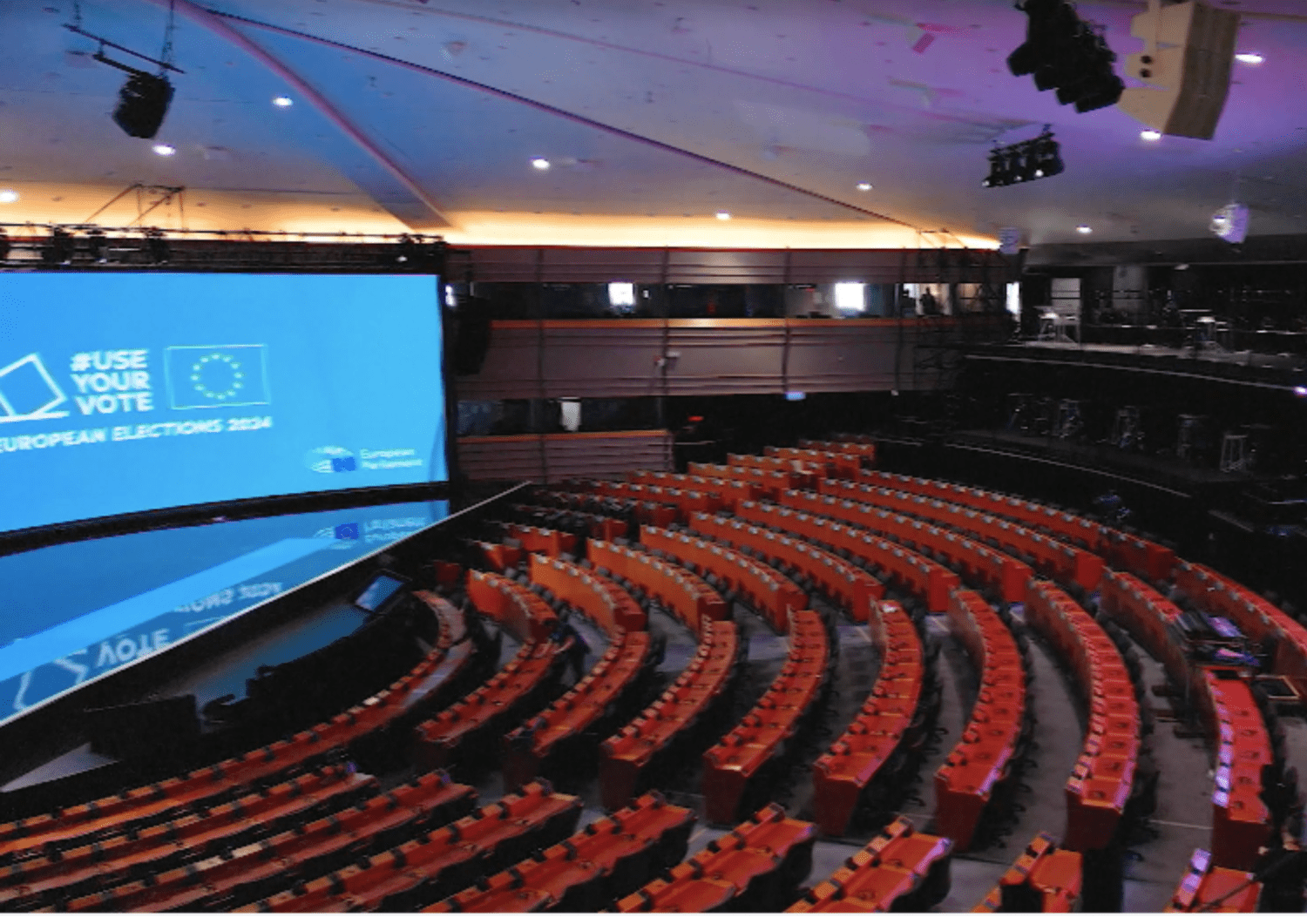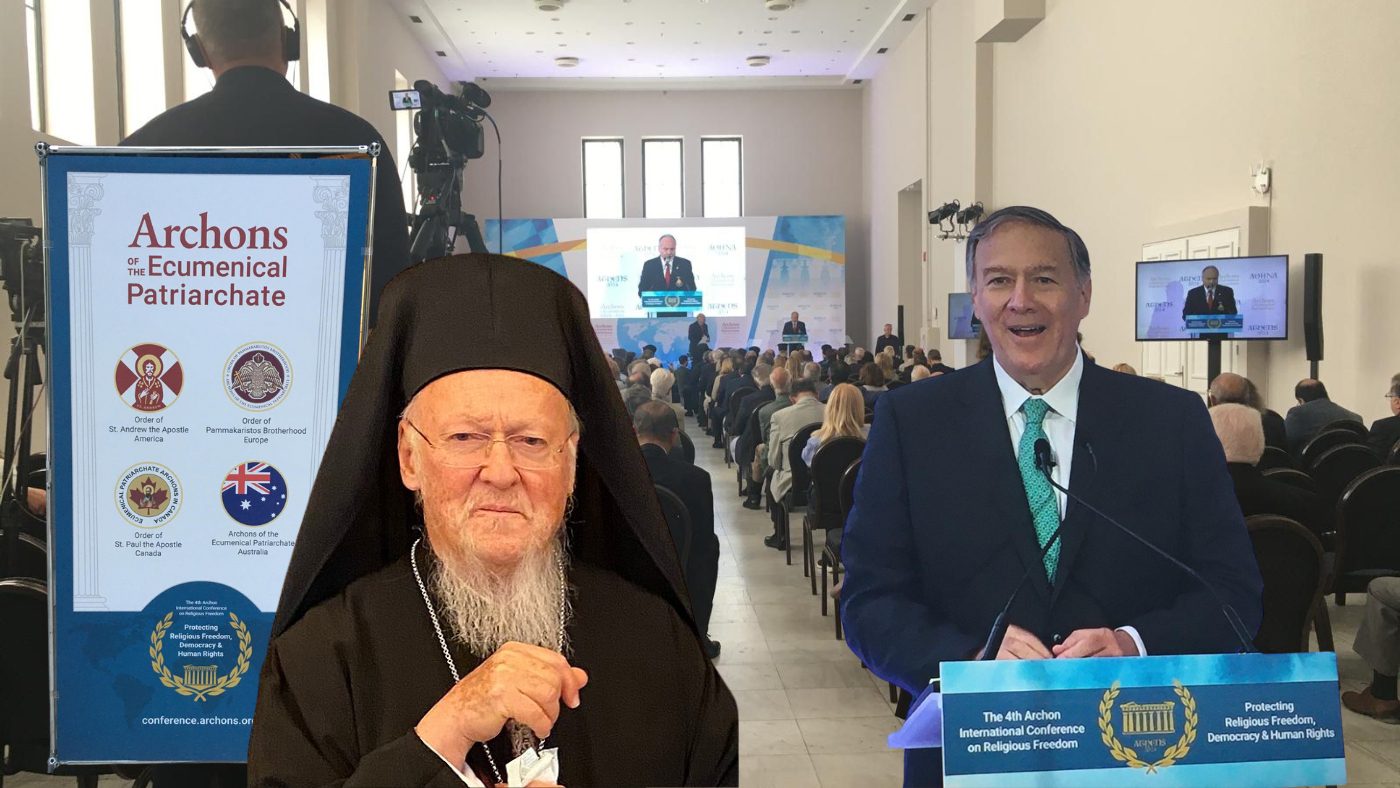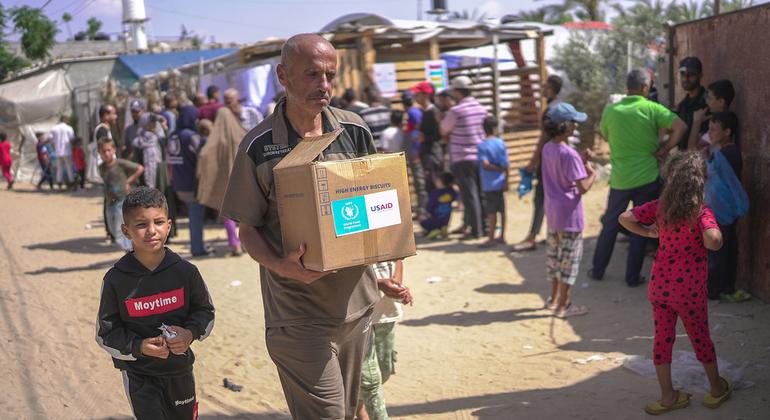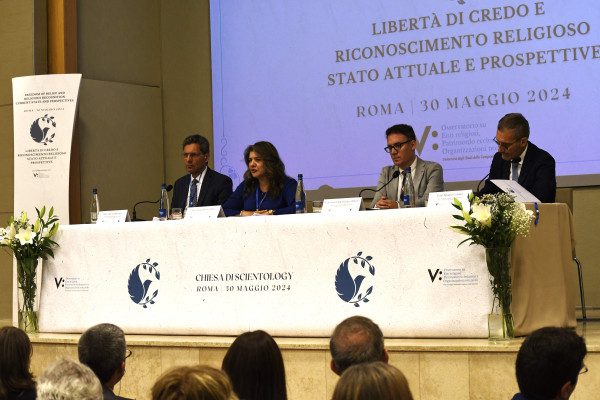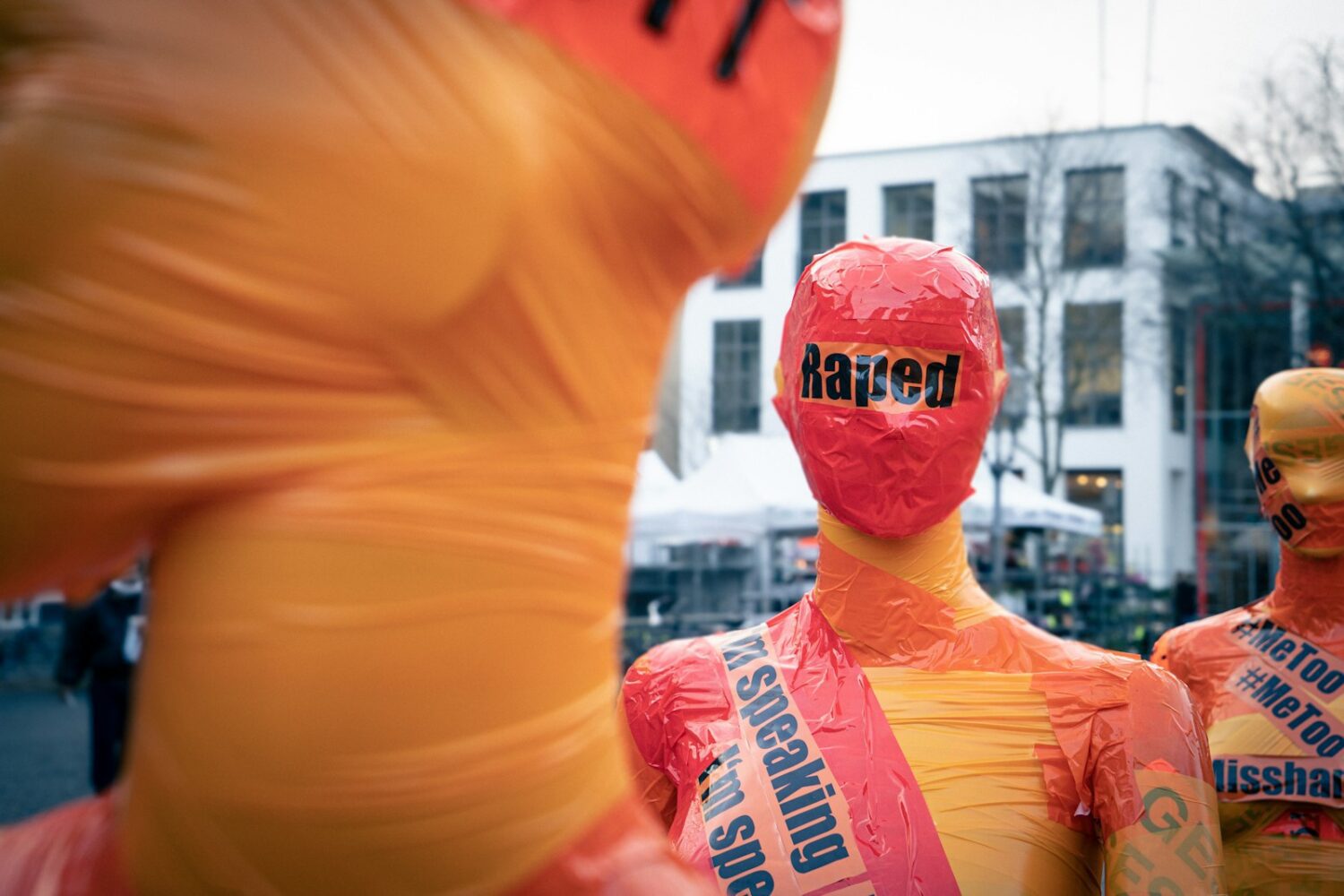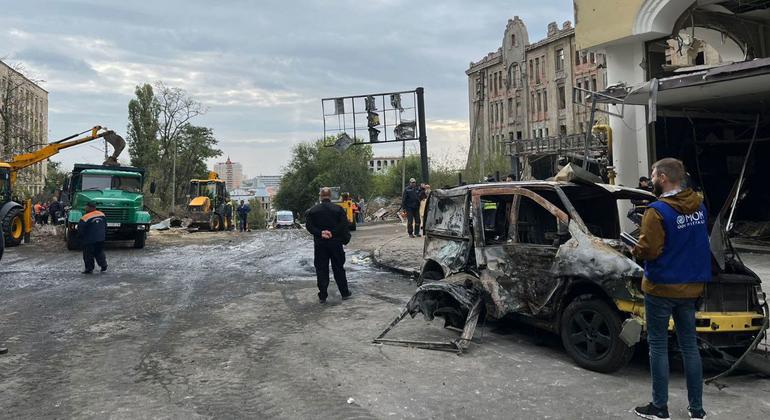The IT industry is rapidly evolving, driven by continuous technological advancements and increasing business needs. As companies adopt new technologies, the demand for skilled IT professionals rises, making it crucial for individuals in this field to constantly update their skills. Whether you are starting your career or aiming to move up the ladder, mastering certain in-demand IT skills can significantly boost your resume and improve your employability.
1. Cloud Computing
Cloud computing has revolutionized how businesses operate by allowing them to store, process, and manage data over the internet instead of on local servers or personal computers. It encompasses three main services: Software as a Service (SaaS), Platform as a Service (PaaS), and Infrastructure as a Service (IaaS). Each of these services requires a specific set of skills. For instance, familiarity with Amazon Web Services (AWS), Microsoft Azure, and Google Cloud Platform is essential. Learning these platforms can make your resume stand out, as more businesses migrate to cloud solutions to enhance efficiency and reduce costs.
2. Cybersecurity
With cyber threats becoming more sophisticated, there is a growing need for professionals who can protect company networks and data. Cybersecurity skills are highly sought after in almost every industry. These include understanding threat intelligence, managing security operations, and proficiency in using advanced security software and tools. Enhancing your cybersecurity capabilities can often be complemented by obtaining certifications or even pursuing an Information Technology degree online. This educational path not only solidifies your foundational knowledge but also keeps you abreast of the latest security trends and practices, making your skillset more robust and your resume more appealing.
3. Data Analytics
Data is the cornerstone of modern business decision-making. Data analytics involves examining raw data to draw conclusions and make predictions. Key skills in this area include proficiency in programming languages like SQL for database management and Python for data manipulation. Additionally, understanding data visualization tools such as Tableau or PowerBI is crucial. These skills allow you to transform complex data sets into actionable insights, a capability highly valued across industries as it directly impacts business strategies and outcomes.
4. AI and Machine Learning
Artificial Intelligence (AI) and Machine Learning (ML) are at the forefront of creating innovative solutions across various sectors, including healthcare, finance, and entertainment. To excel in these fields, you should be skilled in programming languages like Python, which is widely used for AI and ML projects. Additionally, understanding machine learning frameworks such as TensorFlow or PyTorch is beneficial. These technologies are pivotal in developing systems that can analyze data and learn from it, thus enhancing efficiency and creating new opportunities in nearly every field of business.
5. DevOps
DevOps practices bridge the gap between software development and IT operations, enhancing collaboration and productivity. It’s a methodology that requires knowledge of tools like Jenkins for continuous integration and continuous deployment (CI/CD), Docker for containerization, and Kubernetes for orchestration. These skills are essential for creating more streamlined processes in software development and operations, leading to faster deployment of new features and stability in production environments.
6. Blockchain
Blockchain technology is gaining traction beyond its initial application in cryptocurrencies like Bitcoin. Today, it’s used in a variety of industries for its security and transparency in transactional processes. Key skills for blockchain include understanding how blockchain works, programming with Solidity for creating smart contracts, and knowledge of platforms like Ethereum. Professionals skilled in blockchain can contribute to innovations such as supply chain tracking, secure financial transactions, and more. As companies seek to leverage blockchain for its ability to ensure data integrity and reduce fraud, having these skills can make your resume notably attractive to potential employers.
7. Internet of Things (IoT)
The Internet of Things (IoT) is expanding its presence from smart homes to industrial IoT, creating vast new opportunities for IT professionals. Skills in network security, cloud computing integration, and data analytics are crucial to managing and securing the communication between connected devices. IoT demands a robust understanding of how different devices interact within a network to optimize operations and enhance data exchange. Professionals with these skills can lead projects to increase efficiency in various operational processes, making them invaluable in today’s tech-driven environments.
8. Mobile Development
With the increasing reliance on mobile devices, mobile application development remains a highly in-demand skill. Proficiency in programming languages like Swift for iOS apps and Kotlin for Android apps is essential. Additionally, understanding cross-platform development tools such as Flutter or React Native allows developers to build applications that operate smoothly on multiple types of devices. Mobile developers play a crucial role in creating accessible and engaging applications that meet the needs of a diverse user base, making this skillset highly desirable for companies looking to expand their digital presence.
9. Project Management
Project management is vital in IT to ensure that projects are delivered on time, within budget, and meet the required quality standards. Skills in methodologies like Agile and Scrum are essential, along with the ability to use project management software such as Jira or Trello effectively. These competencies help IT professionals manage teams and resources efficiently, leading to successful project outcomes. A strong foundation in project management not only enhances your ability to lead and coordinate complex projects but also positions you as a key player in any tech organization.
10. User Experience (UX) Design
Key skills in UX design include creating wireframes, performing user testing, and prototyping. These skills are critical as they directly impact the success of a product in the market. Professionals proficient in UX design are capable of transforming user needs into an appealing and effective design, which is a crucial component in the development of digital products.
Conclusion
In the ever-evolving landscape of the IT industry, staying current with in-demand skills is crucial for advancing your career. From cloud computing to UX design, each skill you acquire not only enriches your professional capabilities but also enhances your marketability to future employers. By focusing on these key areas, you can ensure your resume stands out in a competitive job market, opening doors to new opportunities and career growth. Investing time in upgrading your skills is an investment in your future, positioning you as a leading candidate in the fast-paced tech industry.




